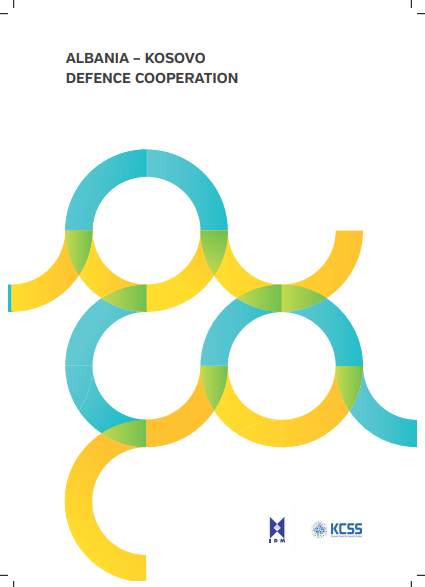4/11/2015

Kosovar Center for Security Studies (KCSS); Institute for Democracy and Mediation (IDM)
Foto Duro
Ethnic commonalities and affiliations between the Albanians of Albania and Kosovo, along with the two governments’ commitment to cooperation in general, are both conducive to intense defence cooperation between the two countries. Defence cooperation between Albania and Kosovo, which began in the early 1990s, can be characterized as falling into three distinct periods: first from 1991 until the end of Kosovo war in June 1999; second from June 1999 to Kosovo’s declaration of independence in February 2008; and third post-independence, when cooperation between the countries began running normally. However, various countries in the region and the international community have shown some uneasiness, both implicitly and explicitly, about such cooperation between Albania and Kosovo. Furthermore, the depth and quality of this cooperation remains short of expectations due to overlap with similar cooperation with other countries, sometimes combined with Albania’s inability to provide the necessary expertise,.
The areas in which defence cooperation between Albania and Kosovo is most developed are military education and training (E&T) and Euro-Atlantic integration. The removal of constitutional limitations on Kosovo’s defence sector, which is expected to take place in the near future, would allow a true armed force to be built, and would in turn provide a new opportunity for defence cooperation between Albania and Kosovo. While this cooperation should be widely developed, it must also be done carefully to ensure that all such activities are carried out to a high standard. In particular, certain high-visibility areas such as ‘operations’ should be given priority for cooperation due to the mutual benefits they can provide in helping to resolve security situations which might arise and their positive effect on public opinion and on the general climate of cooperation and security between the two countries and beyond.
This publication was produced in the framework of the project ‘Security Research Forum: Belgrade-Prishtina-Tirana’ supported by the Government of the Kingdom of Norway. Research was supported by the Balkans Trust for Democracy’s Professional Work Exchange Program for Enhanced Policy Dialogue, with the support of the Foreign and Commonwealth Office of the United Kingdom. The views and analysis contained in this publication are those of the authors and do not necessarily represent the views of the Norwegian and UK governments or any of their affiliated organizations.